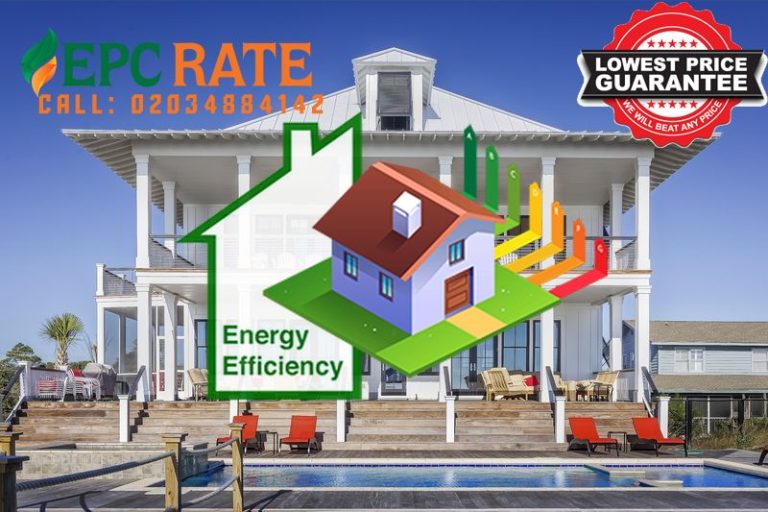Energy Performance Certificates (EPCs) are a requirement when purchasing, selling, or renting a house in the UK. A property's energy efficiency is evaluated by its EPC rating, to put it simply. They are usually used by prospective buyers or tenants to rapidly estimate the cost of their energy bills in a new home or apartment.

Importance of a high EPC rating in London
Except for listed structures, every home must have a current EPC in order to be sold. When prospective purchasers are forced to choose between numerous homes, the EPC rating makes it much simpler to compare the properties. Nearly everyone would choose the high-scoring, A-rated, green property over the low-scoring, G-rated, red one, even at first sight.
If your property falls into the latter category, don’t panic; the Energy Performance Certificate outlines what may be done. Therefore, making your home more energy efficient today will benefit you when it comes time to sell.
It’s a good idea to conduct a fresh survey once you’ve made the revisions to account for these changes.
Recent changes have led to several mortgage providers limiting the products they offer to consumers buying houses with a specified EPC rating or above.
What the New EPC C Energy Efficiency Target Means
There is now a proposal to lower the minimum EPC rating for rental houses as part of an effort to lower carbon emissions from buildings, attain net carbon zero, and enhance the energy efficiency of households. As soon as 2025, this might go from E to C. The intention was previously for these new energy efficiency standards to take effect in 2030. The Minimum Energy Performance of Buildings Bill, which is now being debated in parliament, is taking this modification into consideration.
The plans would require a home to have a minimum EPC rating of C for all new tenancies that begin after the end of December 2025. Additionally, they indicate that starting in December 2028, all current leases must have an EPC rating of C or above.


